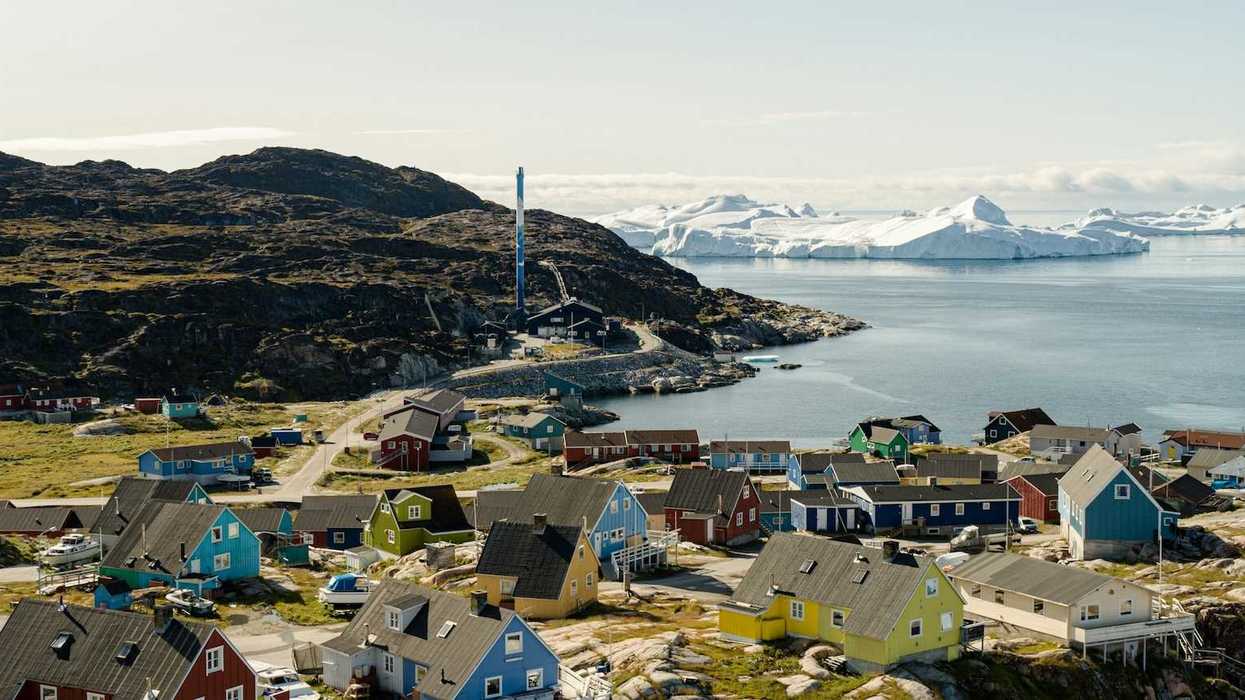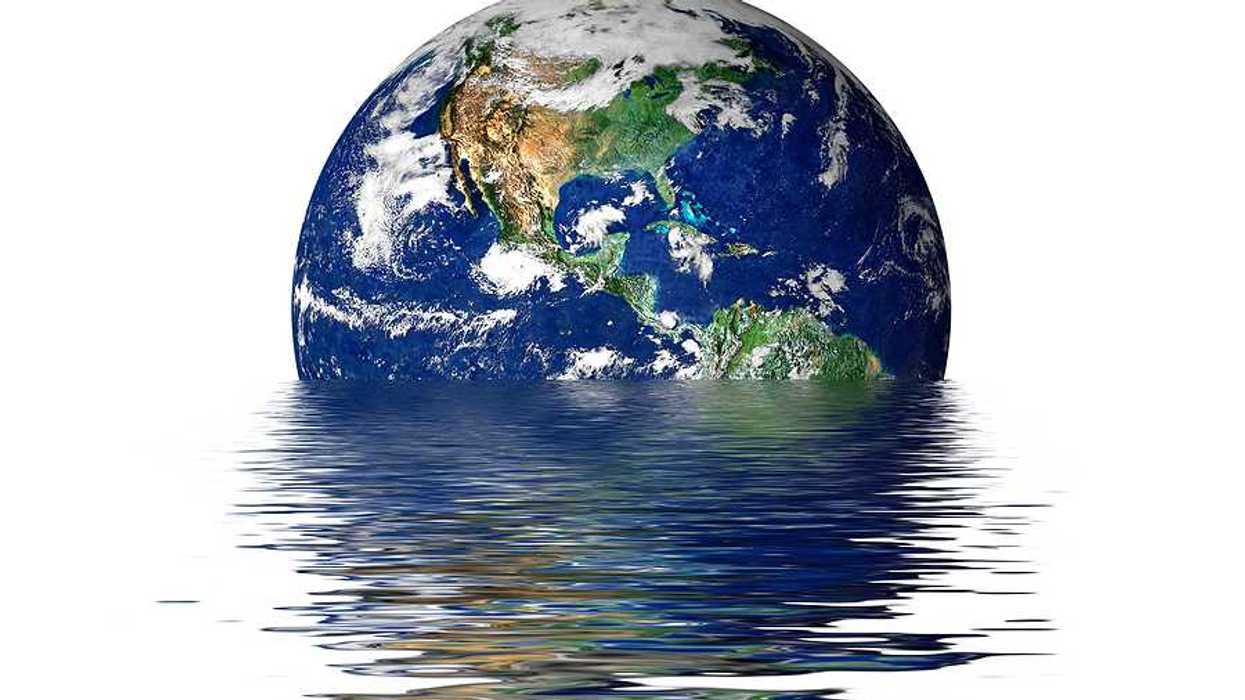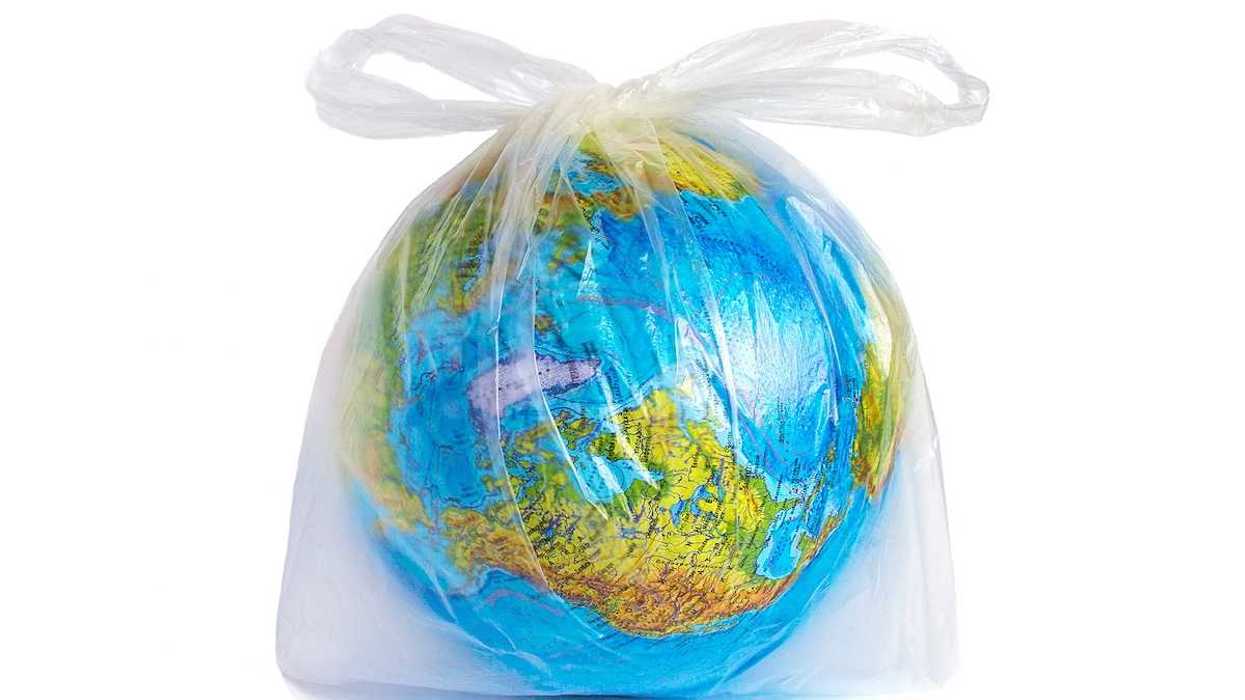In a world where "extreme" has become the norm, our oceans are facing a dire future.
Marina Koren reports for The Atlantic.
In short:
- Global ocean temperatures are hitting record highs, with significant portions experiencing heat waves, signaling a worrying trend.
- By 2100, we could see permanent oceanic heatwaves, rising sea levels, and a drastic impact on marine life due to unchecked greenhouse gas emissions.
- Significant changes in ocean currents and the potential collapse of critical systems like the AMOC could drastically alter marine ecosystems and climate patterns.
Key quote:
"What we used to consider extreme is no longer an extreme today."
— Dillon Amaya, research scientist at NOAA's Physical Sciences Laboratory
Why this matters:
Understanding the irreversible transformation of our oceans is vital for future policy and conservation efforts. These changes don't just affect marine life; they signal broader environmental shifts that will impact global weather patterns, coastal communities, and overall biodiversity.
Surprise! Unexpected ocean heat waves are becoming the norm.














